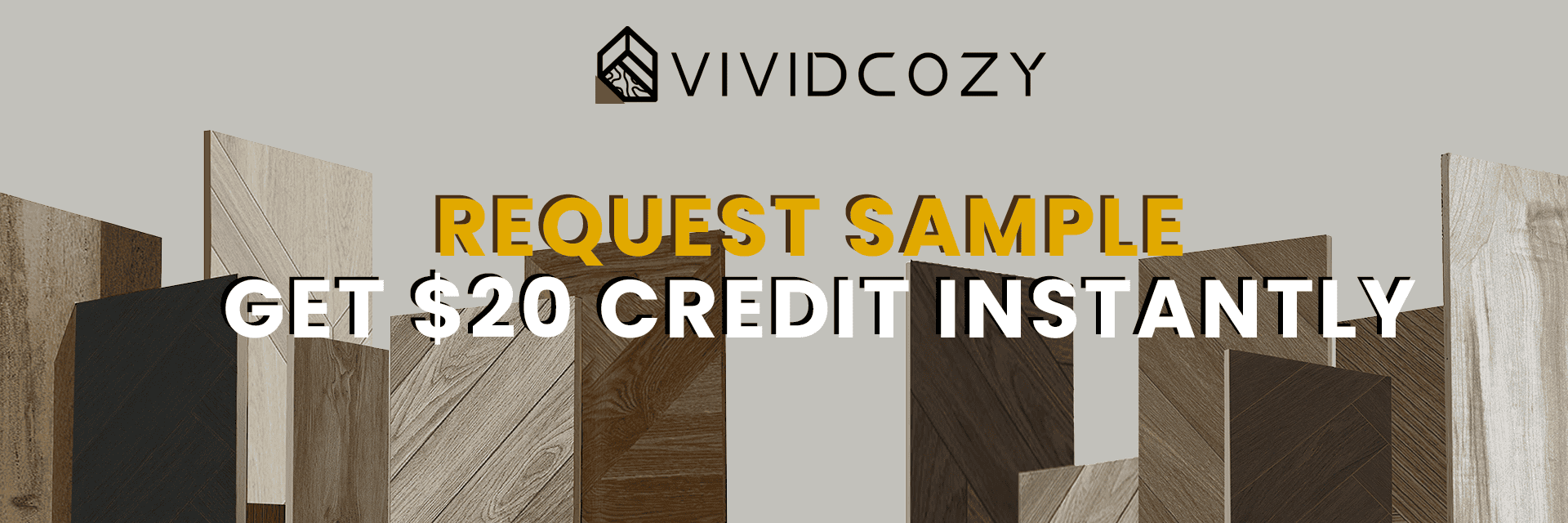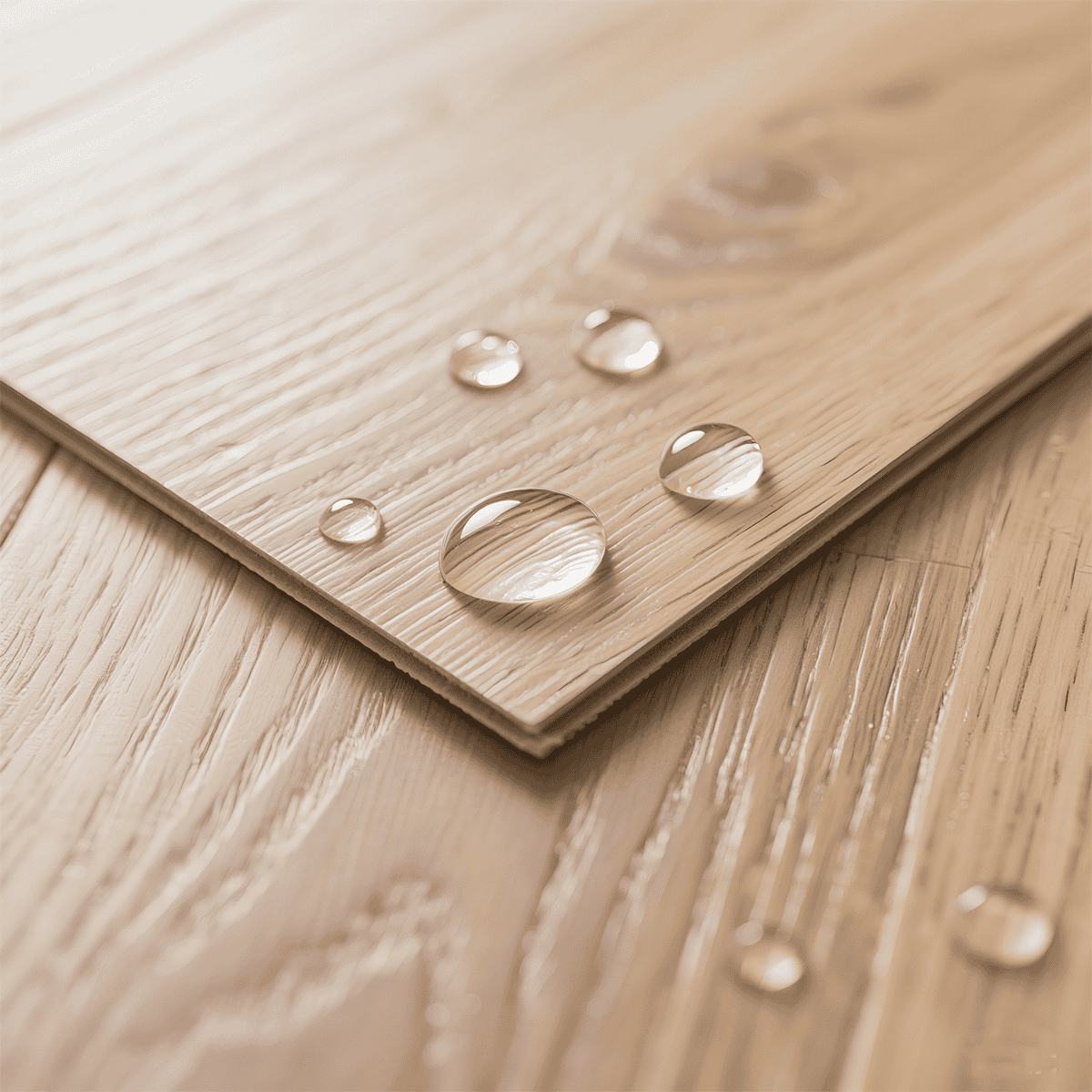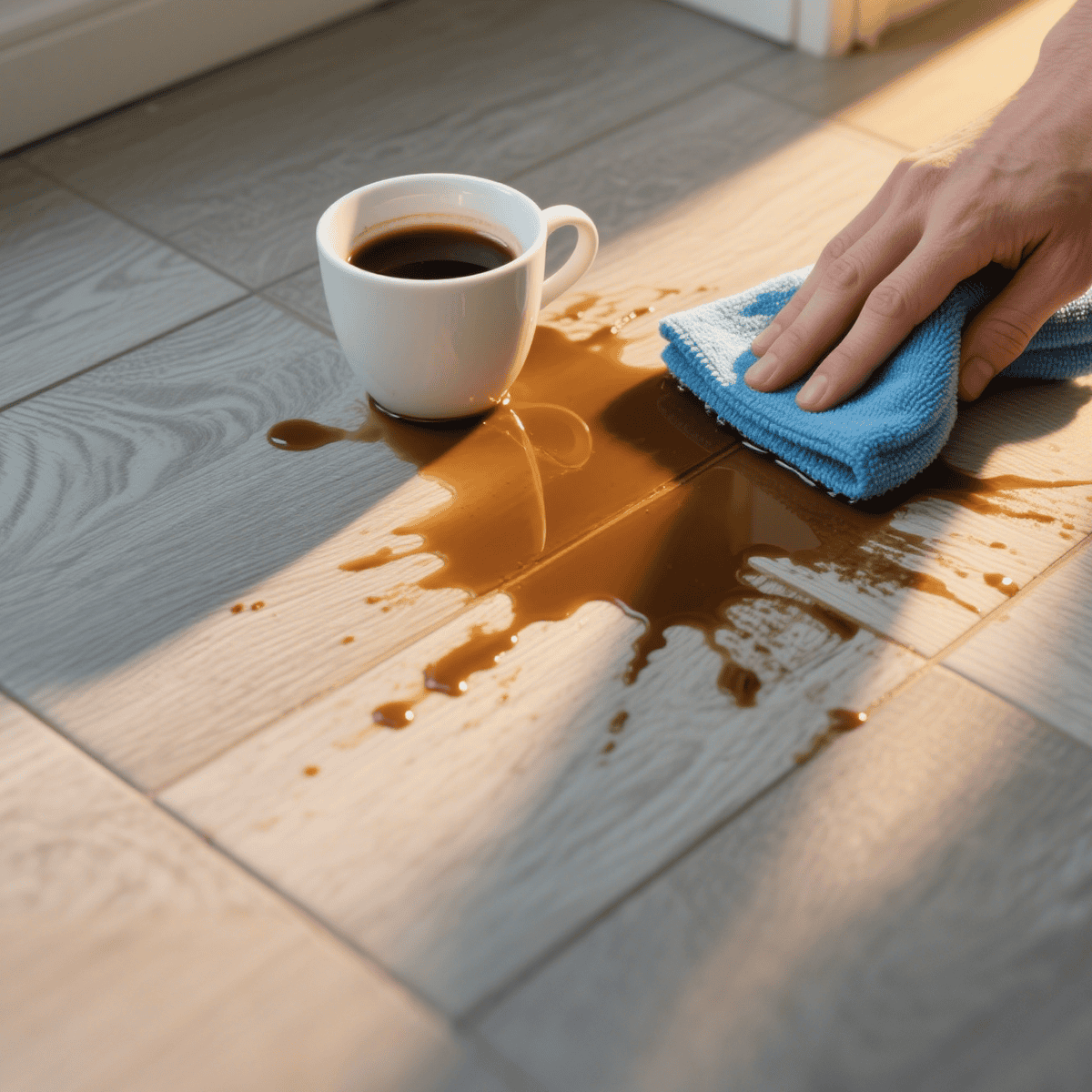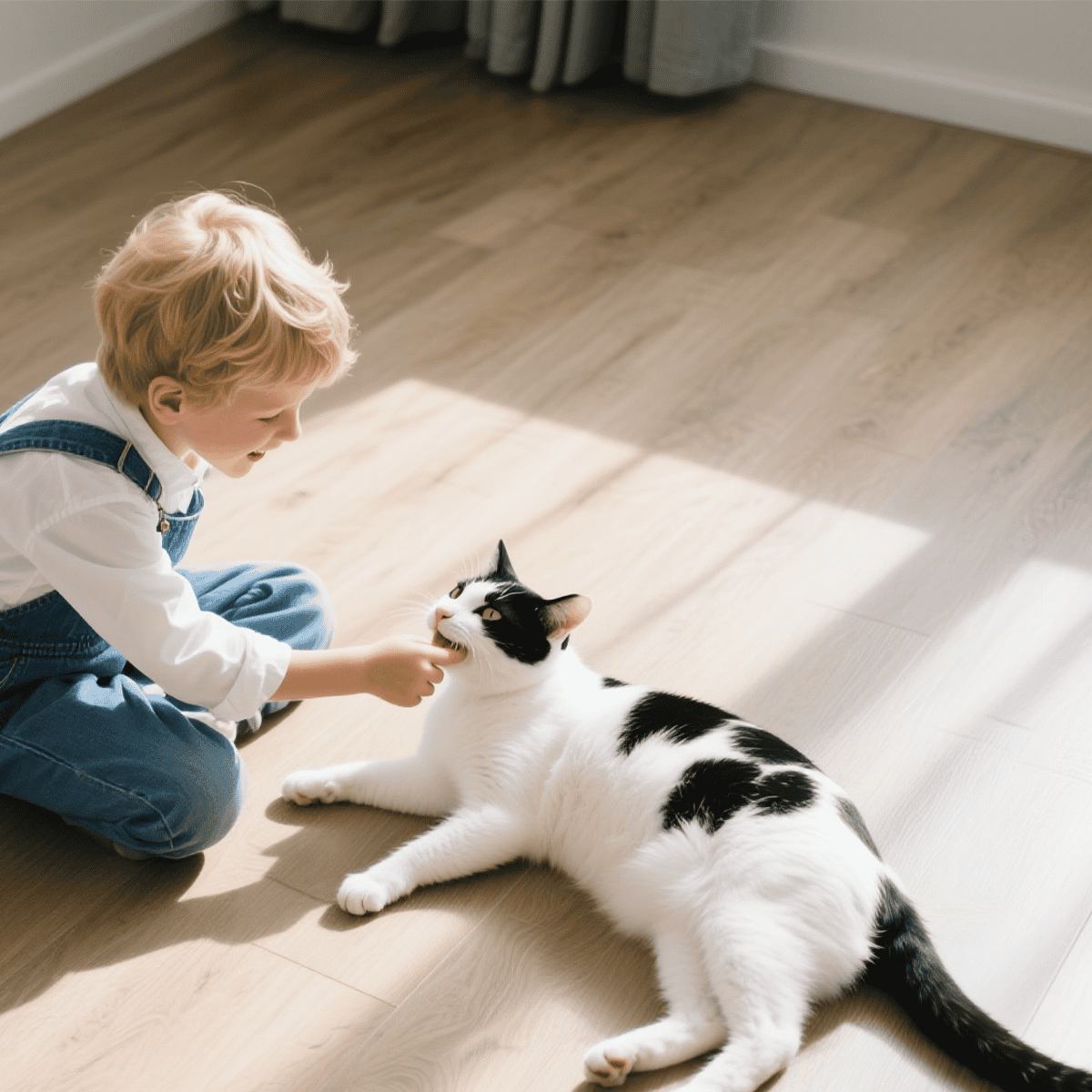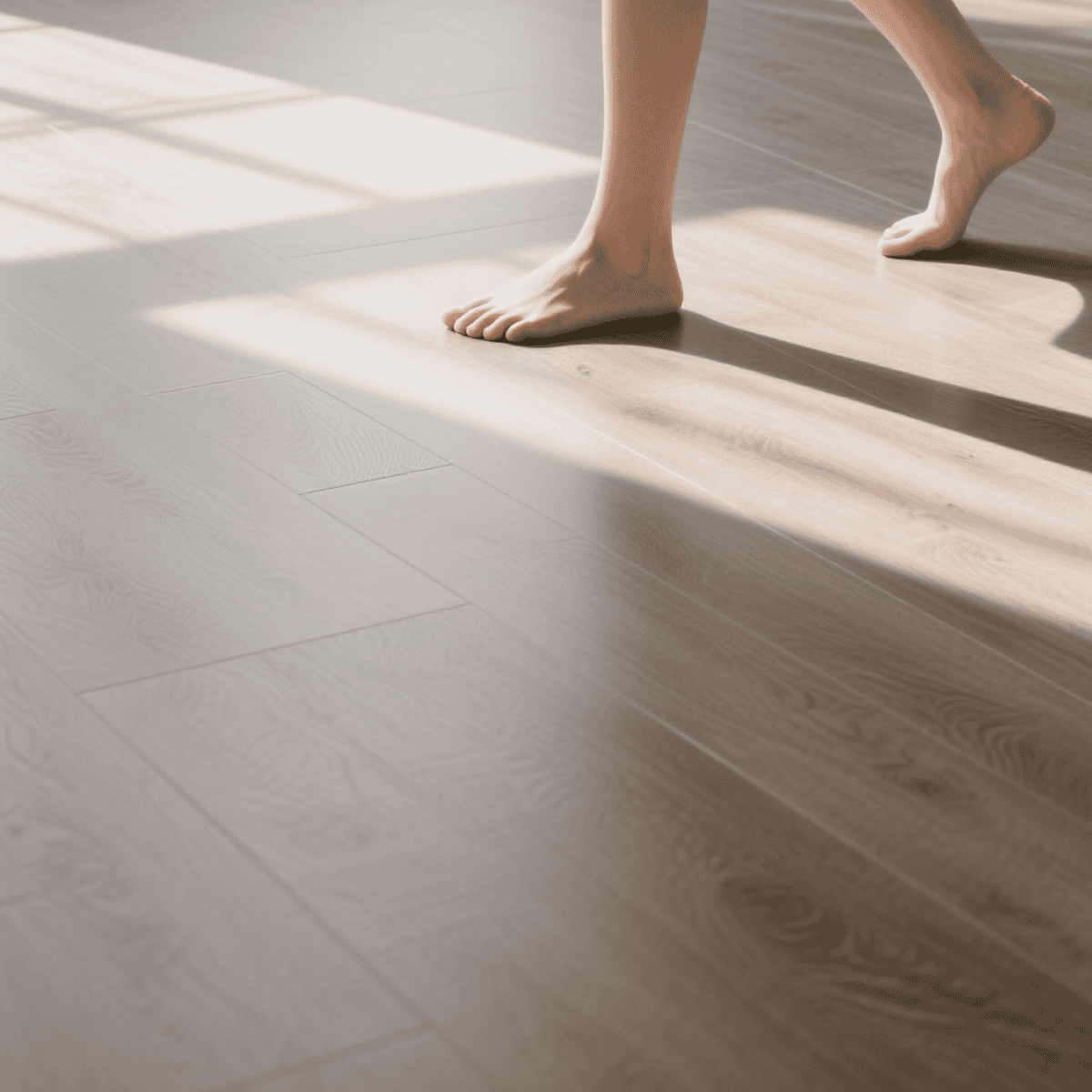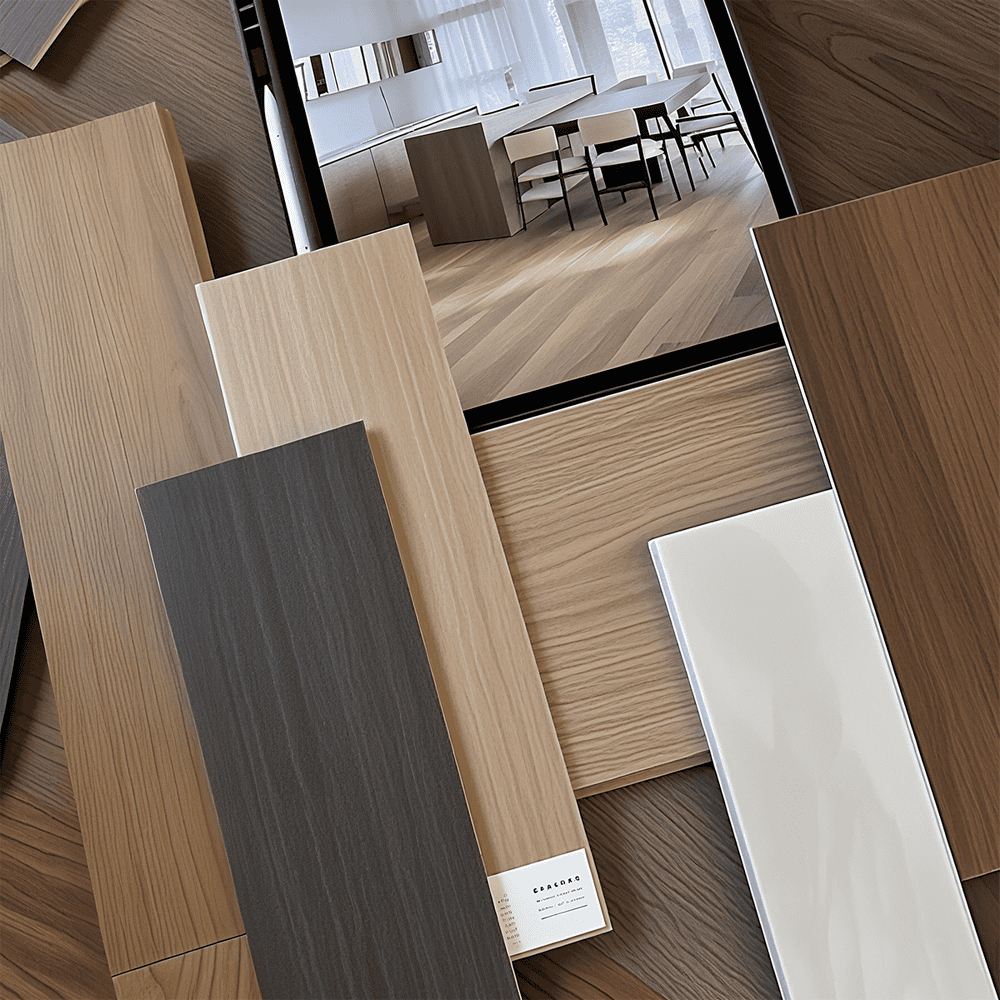No products were found matching your selection.
See how SPC fits real-life needs vs. luxury vinyl and porcelain tile
5 Reasons SPC Rigid Core Floors Outperform Traditional Vinyl and Ceramic Options
Is SPC Right for You? Learn What Others Ask First.
Find answers about SPC installation, waterproofing, kid- and pet-friendliness, scratch resistance, and long-term performance.
[sp_easyaccordion id="1562"]


